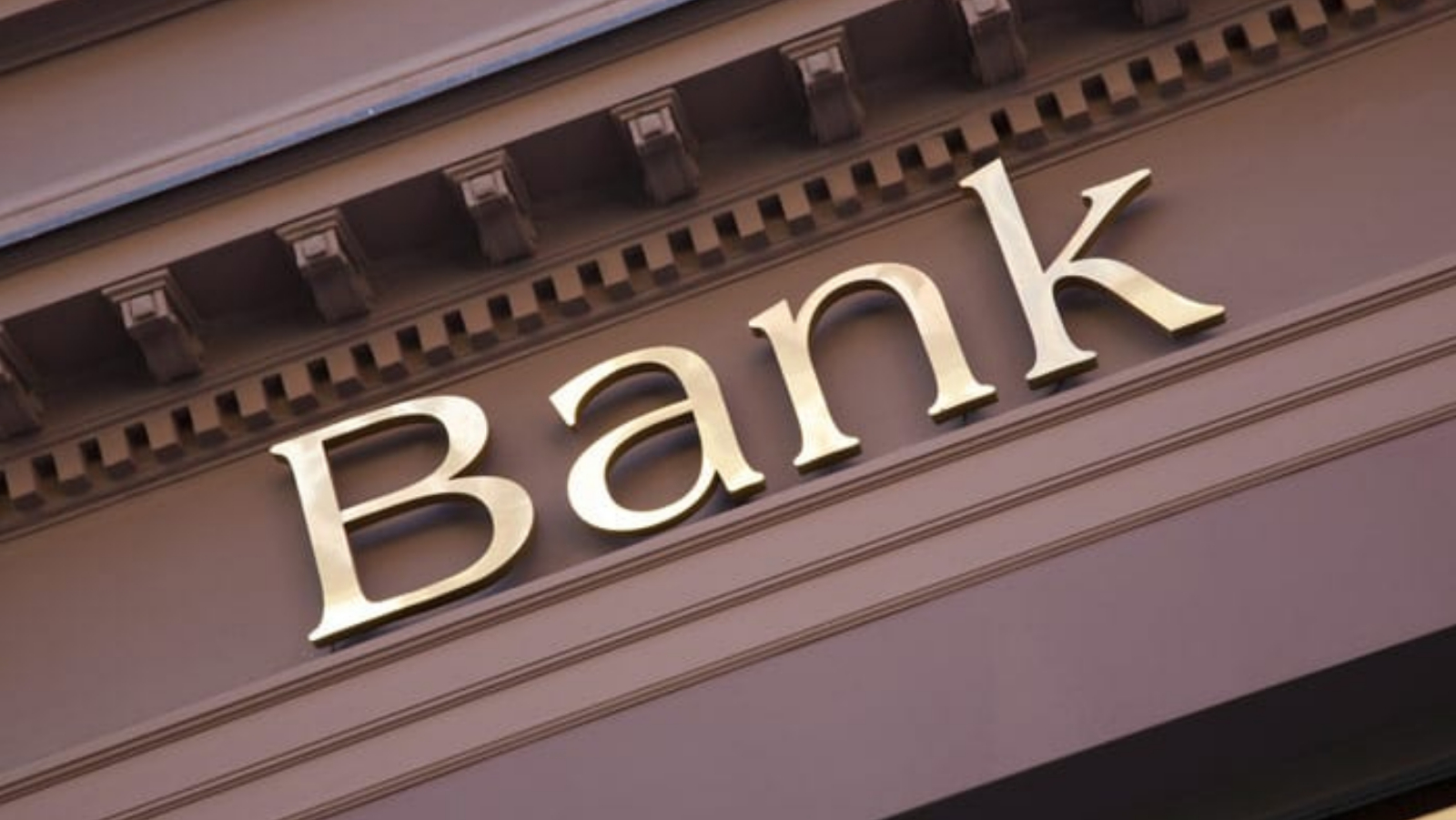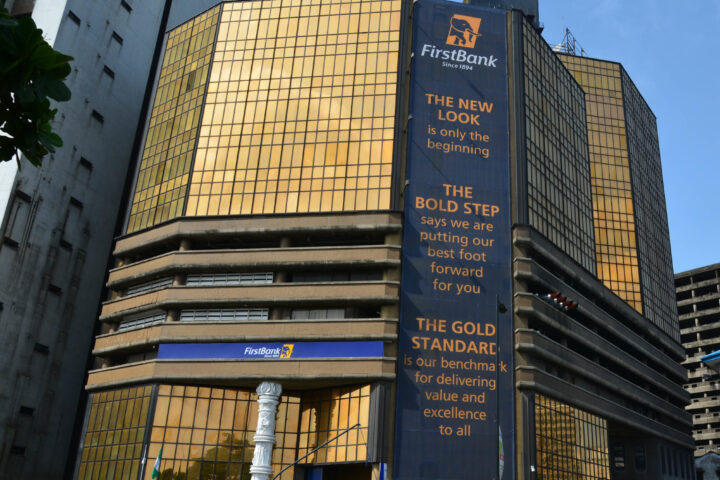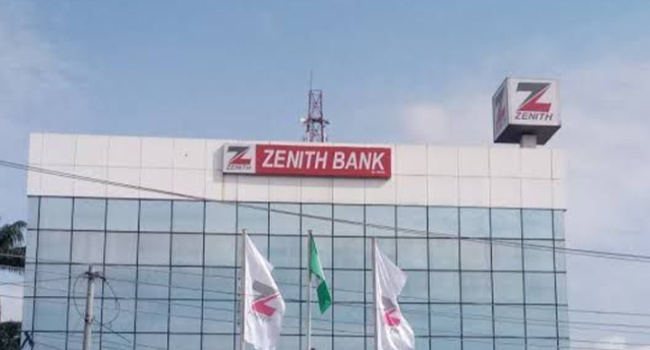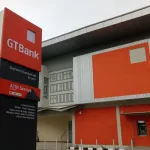The Nigerian banking sector exited the Naira scarcity period unblemished judging by the value of equity investment netted by their shareholders in the first quarter (Q1) of 2023.
Prime Business Africa’s analysis of the stock market in the first three months of this year showed 13 banks recorded growth in their shareholders’ investment value, with only two suffering a decline.
Join our WhatsApp ChannelOver N248.68 billion was gained by shareholders of the 13 Deposit Money Banks (DMBs) namely; Fidelity Bank, FCMB, Sterling Bank, Stanbic IBTC, GTCO, Zenith Bank, Ecobank, Wema Bank, Access Bank, Union Bank and UBA.
While investors holding equities of the two companies that recorded a dip, First Bank and Unity Bank, lost N6.31 billion.
Recall that in Q1 2023, the Central Bank of Nigeria (CBN) implemented its Naira redesign policy that triggered Naira scarcity in banks. It sparked sentiments that investors could dump bank stocks due to the ripple effect of the policy on bank operations.
However, with 13 out of 15 publicly-listed commercial banks recording growth in their shares between January to March, it means the bank stocks didn’t experience investor apathy during the Naira scarcity period which led to attacks on bank buildings and forced the lenders to shut down business in some areas, as well as conduct skeleton operation in other locations.
Insecurity or hostility against businesses has often been a factor that drives portfolio investors, but it didn’t create a confidence crisis among equity investors on the bank floor in the Nigerian stock market, as shareholders didn’t sell off in fear and investors continued their demand for bank stocks.
Best performing bank stocks in Q1 2023
Fidelity Bank: 22.7 per cent
Fidelity Bank topped the list as shareholders’ investment grew by 22.7 per cent in Q1 2023, representing N28.68 billion gain within three months.
- The lender’s share was in high demand, resulting in its share price rising from N4.36 kobo reported on January 3, to N5.35 per cent.
- The demand for Fidelity Bank also raised the market valuation of the commercial bank to N155.01 billion in the Nigerian bourse, from N126.33 billion within the review period.
FCMB: 18.23 per cent
The shareholders of First City Monument Bank closed the first quarter of this year with a combined N12.67 billion gain, as investment held in the firm surged by 18.23 per cent.
- This made FCMB the second-best-performing bank stock. According to analysis of FCMB’s share performance, the share of the lender rose to N4.15 kobo at the close of Q1, above the N3.51 kobo the share was sold on January 3.
- In response to the 18.23 per cent growth in share price, FCMB’s market valuation increased from N69.50 billion at the start of January to N82.18 trillion, at the end of March.
Sterling Bank: 14.28 per cent
Sterling Bank took the third spot after its shareholders’ investment grew by 14.28 per cent. The lenders’ investors shared N5.76 billion gained in the first three months.
- They were able to earn this amount after demand from the capital market pushed Sterling Bank’s share value to N1.60 kobo, costing more than the N1.40 kobo each share was sold in early January.
- As its shareholders ended the quarter in review with N5.76 billion gain, Sterling Bank saw its market valuation close high at N46.08 billion, surpassing the N40.32 billion it held at the start of January.
Stanbic IBTC: 12.40 per cent
Stanbic IBTC was fourth on the list with a 12.40 per cent increase in shareholders’ investments during the review period. This means shareholders of the firm closed the three months with a whopping N53.77 billion.
- This increased the market valuation of Stanbic IBTC from N433.41 billion to N487.18 billion between January to March according to stock market data analysed by this publication.
- The growth in Stanbic IBTC market capitalisation was on the back of 12.40 per cent appreciation in the creditor’s share price which rose to N37.60 kobo, up from N33.45 kobo.
GTCO: 9.67 per cent
GTCO completed the list after shareholders of the financial institution recorded 9.67 per cent in the value of the investment held in the lender. This handed N66.22 billion gain to the shareholders.
- They earned the sum following a rise in GTCO’s stock price which closed the first quarter at N25.50 kobo, above the N23.25 kobo the share cost at the start of January.
- As a result, the market valuation of GTCO appreciated, closing the period in review at N750.49 billion. GTCO’s worth in the capital market increased from N684.27 billion.
















Follow Us